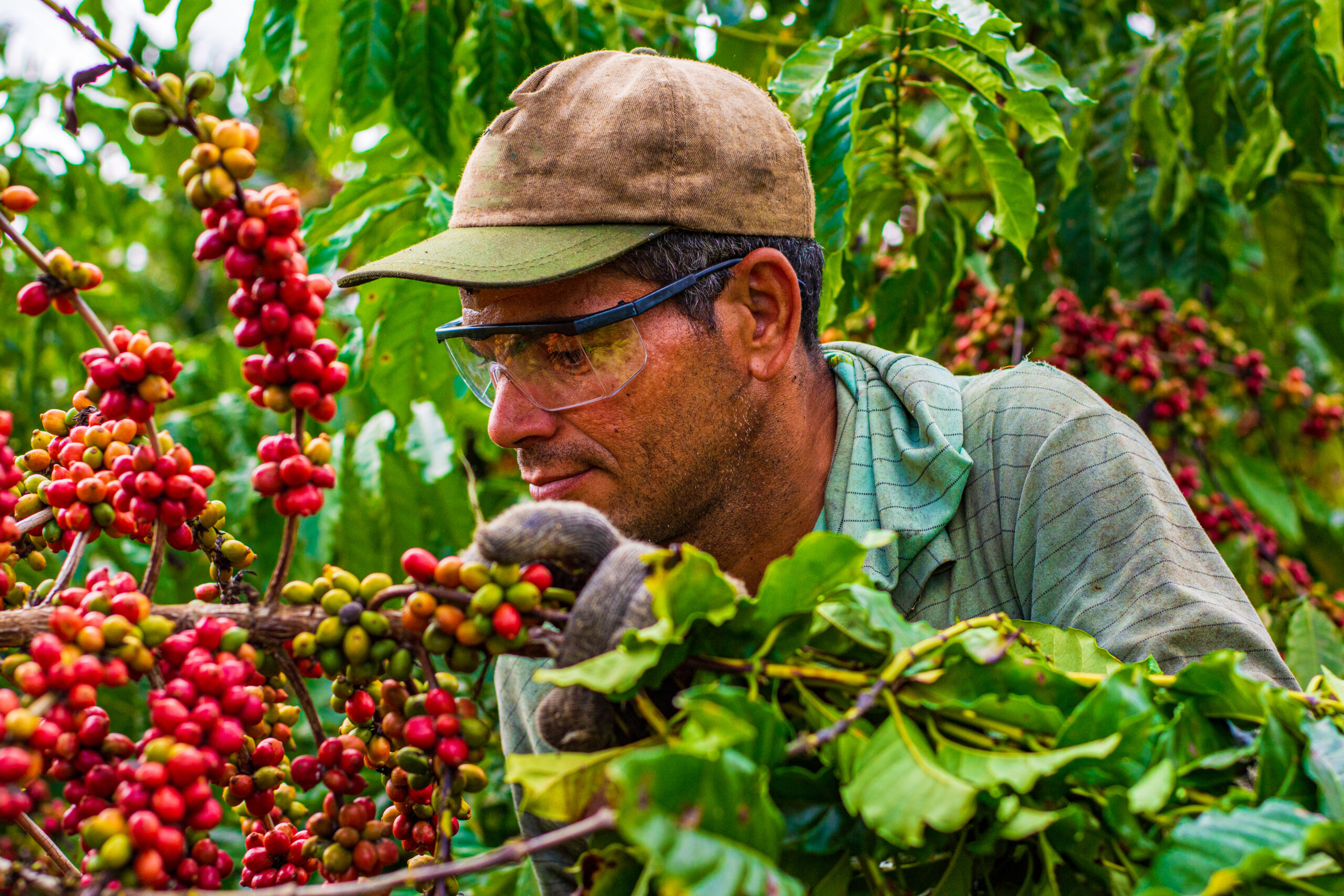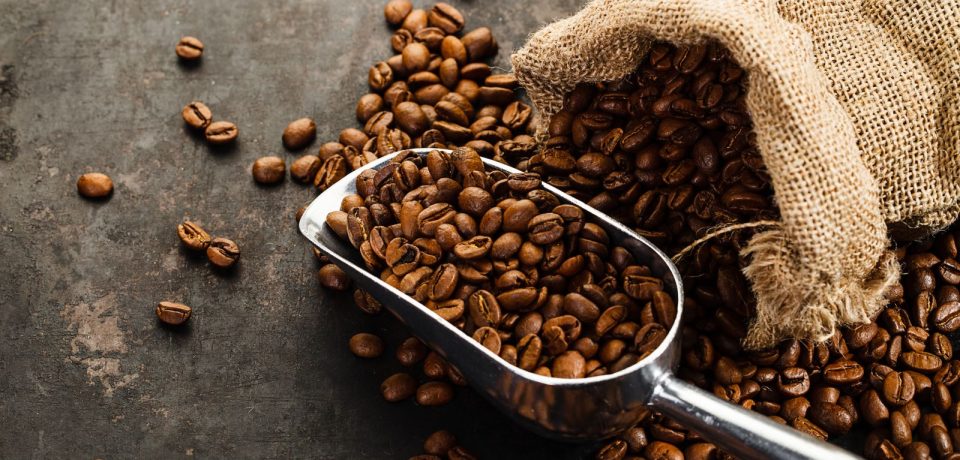Brazil, renowned as the world’s largest coffee producer, boasts a rich coffee culture deeply embedded in its history, geography, and agricultural practices. What sets Kawa Brazylia apart from its counterparts across the globe lies in a combination of factors that contribute to its unique flavor profile and cultural significance.
First and foremost, Brazil’s expansive landmass and diverse microclimates provide an ideal environment for coffee cultivation. The country’s vast terrain encompasses a range of altitudes, temperatures, and rainfall patterns, allowing for the cultivation of coffee across different regions. From the high-altitude mountain ranges of Minas Gerais to the rolling hills of São Paulo, each region imparts distinct characteristics to its coffee beans, resulting in a diverse array of flavor profiles.
One of the hallmarks of Kawa Brazylia is its inherent sweetness and nutty undertones. This distinct flavor profile is attributed to the predominance of Arabica coffee varieties grown in the country, particularly in the southeastern states of Minas Gerais, São Paulo, and Espírito Santo. Arabica beans, known for their smoothness and complexity, thrive in Brazil’s subtropical climate and nutrient-rich soil, resulting in a cup of coffee that is often described as rich, balanced, and mellow.

Brazil’s coffee production is also characterized by its scale and efficiency. The country’s vast plantations, known as fazendas, employ modern agricultural practices and advanced technology to ensure high yields and consistent quality. Mechanized harvesting techniques, irrigation systems, and careful processing methods contribute to the uniformity and reliability of Brazilian coffee, making it a staple in the global coffee market.
Furthermore, Brazil’s coffee industry is deeply ingrained in its cultural heritage and economic fabric. Coffee cultivation has played a pivotal role in shaping the country’s economy and social structure since the 18th century, fueling economic growth, infrastructure development, and immigration. Today, coffee remains a symbol of Brazilian identity, with cafézinhos (small cups of coffee) serving as a ubiquitous aspect of daily life.
Beyond its economic significance, Brazilian coffee culture embodies a spirit of hospitality and conviviality. Whether enjoyed in a bustling café in São Paulo or brewed at home with friends and family, coffee serves as a catalyst for social interaction and connection. From the traditional Brazilian coffee ceremony of cafézinho to the contemporary specialty coffee scene emerging in urban centers, coffee holds a cherished place in the hearts and homes of Brazilians.
In essence, what makes Brazilian coffee unique is not just its flavor or production methods but its rich tapestry of history, culture, and tradition. From the lush coffee plantations of Minas Gerais to the vibrant streets of Rio de Janeiro, coffee permeates every facet of Brazilian life, embodying the warmth, diversity, and vibrancy of this captivating nation.

